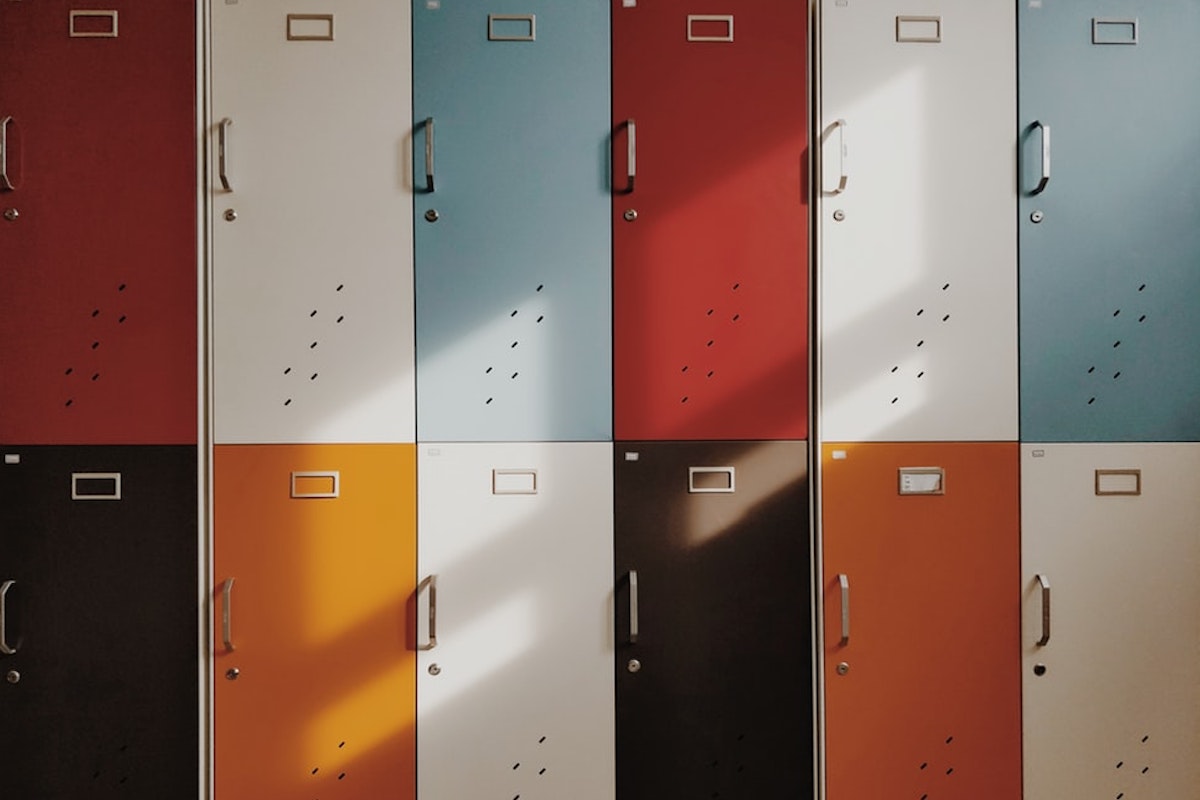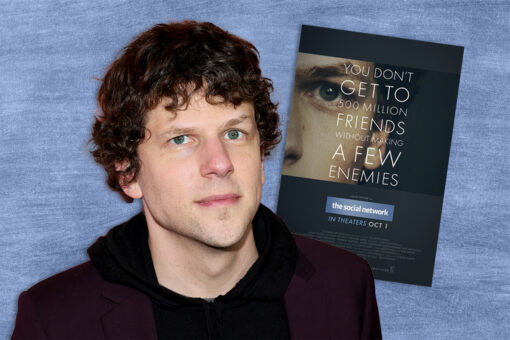It’s 1996 in Orange County, California. I have just hopped the chain link fence near the parking lot of Pacifica High School to retrieve my forgotten history book. I am in 11th grade, and we are studying American history. It’s the weekend and, much like most days in Garden Grove, sunny and mild.
I ungracefully land over the chain-link fence and, true to character, rip a hole in my jeans. Schools are places of people and it’s always eerie to be there alone. I briskly walk to my locker, which I unlock to reveal its entire contents are charred, lit on fire by a match pushed through the small vent at the top.
I stare at the mess of loose math papers, left behind for a semester, curling now into flaky ash bundles, and the history book I have come to claim all but destroyed. Fresh smoldering wreckage, it happened not too long before I arrive. My face hot with shame, fear, and confusion, I grab the remains of my history book and clutch it, looking down the open empty corridor left and right. Loose ash sputters out of the locker as I slam it shut in shock.
When my family moved to California in the late ‘80s, my grandmother — a woman who lived through the anti-Semitism of the 1940s and ‘50s — had begged me to not tell anyone we were Jewish. In fact, in our Southern Californian town, my family all but erased our Jewishness. Assimilated, one would say. In part out of fear and in part out of intellectual agnosticism.
But somewhere in my early teen years, as an act of rebellion, I started talking about it. I told my secret. What was there to hide?
The locker burning is not the first and only incident of the anti-Semitism I encountered, just the most horrific one. I didn’t need to see a swastika to know that it was part of a clear campaign of bullying based on the fact that I was Jewish. I can’t say that I expected it, but I certainly can’t claim that I was totally surprised. When a Holocaust survivor came to speak to our class, I had to defend her honor from the mocking laughs.
I remember running from the kids who my grandmother made me promise I would never tell I was Jewish. I was sporting a badass leather jacket — the kind with buckles and side-zippers — that I borrowed from one of my theater friends. As I was walking out of school, calls of “Take that off! K*kes can’t wear leather jackets!” followed behind me. I never looked at that jacket the same way again, and I never wore it at school anymore. I gave the anti-Semites a win that day because I did not feel like I had a choice. I remember hating thinking that my grandmother was right.
And now, it’s all just a little bit of history repeating.
Earlier this month, a video was released of Pacifica High School’s water polo team giving the Nazi salute while singing a Nazi marching song. On Facebook (I know, I know, we’re all over Facebook) I saw the brother of the kid who once called me a k*ke posted the story about the incident from the OC Register. The comments? Some of horror, sure. But mostly, “How can this be at our school?” and, “Aw, kids are stupid.” The PHS Alumni page has refused to keep the link up.
This happened at our school. It happens at our schools. It leaves me wondering if, instead of deflecting and denying, we could all just own our collective truth. What kind of real growth would be possible for us as a country if we looked hate and fear of the other in the face and said, “Hello, I don’t see myself in you, and it scares me”? What if we stayed there together until fear turned to understanding?
I’ll never know who burned my locker. I’ll never know who struck the match that weekend, in the span of time before I returned to get my textbook. I don’t know if that kid was sophisticated enough to make the connection to the crematoriums that my family escaped the threat of decades before. I don’t know if there was a single thought of the book burning bonfires of Berlin. I don’t know if they had read their own history books the day they decided to burn mine.
But I do know what is often said about history: past is prologue; those who do not learn from history are doomed to repeat it. I had hoped those really were clichés, quotes by old dead men who didn’t know we were living in much more civilized times where these things don’t happen anymore.
But now in 2019, I have it again, that heavy feeling I had when I realized that my grandmother was onto something, all those years ago.
The question for me remains: Can we really not break out of history’s cyclical pull? The Jewish community is in agreement that it is our duty to do so. The voices call in the streets and in synagogues — never again is now. And we don’t mean it only for Jews, we mean it for everyone in the face of the newest wave of racism, xenophobia, Islamophobia, and transphobia rotting the country.
These acts of hate have been embedded in the culture of the United States all along. My grandmother hung on to what she experienced when she was a young woman during World War II and tried to protect me from it. She tried to protect me from a charred history.
These recent acts of hatred may have lit the newest match, but we can be the ones who tend the fire. Maybe the white supremacists and neo-Nazis are more “emboldened” now, but perhaps so are we.
Image via Moren Hsu/Unsplash



